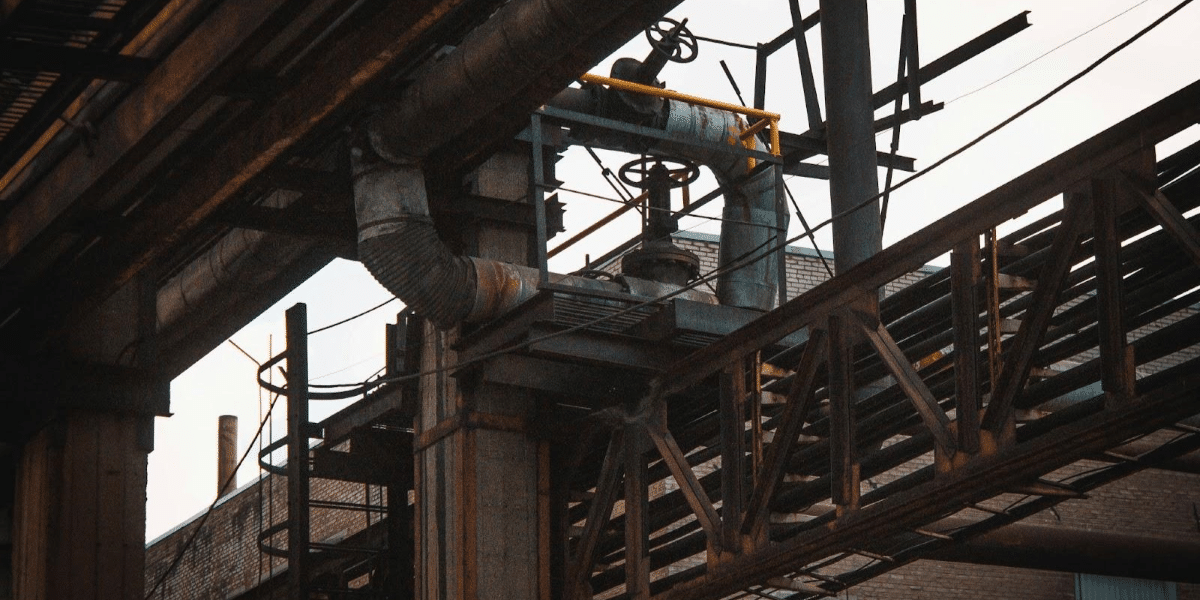By: John Glover (MBA)
What is Industrial Production?
Industrial production refers to the output generated by the manufacturing, mining, and utility sectors. It’s a critical indicator of a country’s economic health, reflecting the efficiency and scale of its industrial activities. When you think about industrial production, consider it as a measure of how much these sectors are contributing to the economy. It includes everything from the production of goods in factories to the generation of electricity. This output not only supports domestic needs but also fuels exports, making it a vital component of GDP and overall economic performance.
How Does Industrial Production Affect GDP?
Industrial production plays a pivotal role in shaping a country’s GDP. As the output from manufacturing, mining, and utilities sectors increases, it directly boosts the economic activity reflected in GDP figures. When factories produce more goods, it means higher growth, which contributes to economic growth. This is particularly significant in economies heavily reliant on manufacturing.
Furthermore, a rise in industrial production often correlates with improved employment rates. More jobs lead to higher consumer spending, further fueling GDP growth. However, while industrial production is a key indicator, it’s important to remember that it doesn’t capture the entire economic picture, as it overlooks the services sector. By understanding this relationship, you can better grasp how shifts in industrial output impact broader economic trends.
What is the Role of Industrial Production in Employment Creation?
Industrial production plays a significant role in creating jobs. When factories and manufacturing plants expand, they need workers, which boosts employment. This increase in job opportunities helps reduce unemployment rates and provides stable incomes for many families. Moreover, as industries grow, they often require a range of skills, from technical to managerial, offering diverse job prospects. This not only supports individual livelihoods but also stimulates consumer spending, further driving economic growth. In essence, industrial production acts as a catalyst for job creation, contributing to a healthier, more robust economy.
How Does Industrial Production Drive Technological Advancements?
Industrial production is a catalyst for technological innovation. As industries strive to enhance efficiency and output, they often adopt cutting-edge technologies. This drive leads to advancements in automation, data analytics, and production techniques. By investing in research and development, companies can streamline processes and reduce costs, fostering a competitive edge. Moreover, the need for improved machinery and processes encourages collaboration with tech firms, accelerating innovation across sectors. This symbiotic relationship not only boosts industrial output but also propels technological progress, benefiting the broader economy.
Why is Industrial Production Essential for Developing Economies?
Industrial production is vital for developing economies as it drives economic transformation and growth. By focusing on manufacturing and industrial activities, these economies can shift from agriculture-based systems to more diversified and resilient economic structures. This shift not only boosts GDP but also creates jobs, improving living standards.
Moreover, industrial production encourages technology transfer, which helps developing countries adopt advanced techniques and practices, enhancing productivity. It also fosters local skills development, empowering the workforce to meet global market demands.
Additionally, industrialization opens doors to global trade opportunities. By producing and exporting manufactured goods, developing economies can integrate into international markets, increasing foreign exchange earnings. This integration promotes economic stability and growth, making industrial production a cornerstone for sustainable development in these regions.
What Can We Conclude About Industrial Production and Economic Growth?
In conclusion, industrial production is a vital component of economic growth. It influences GDP, boosts employment, and fosters innovation. Understanding its role helps you appreciate how economies develop and adapt. Keeping an eye on industrial trends can offer insights into future economic health and opportunities.
Published by: Josh Tatunay

















